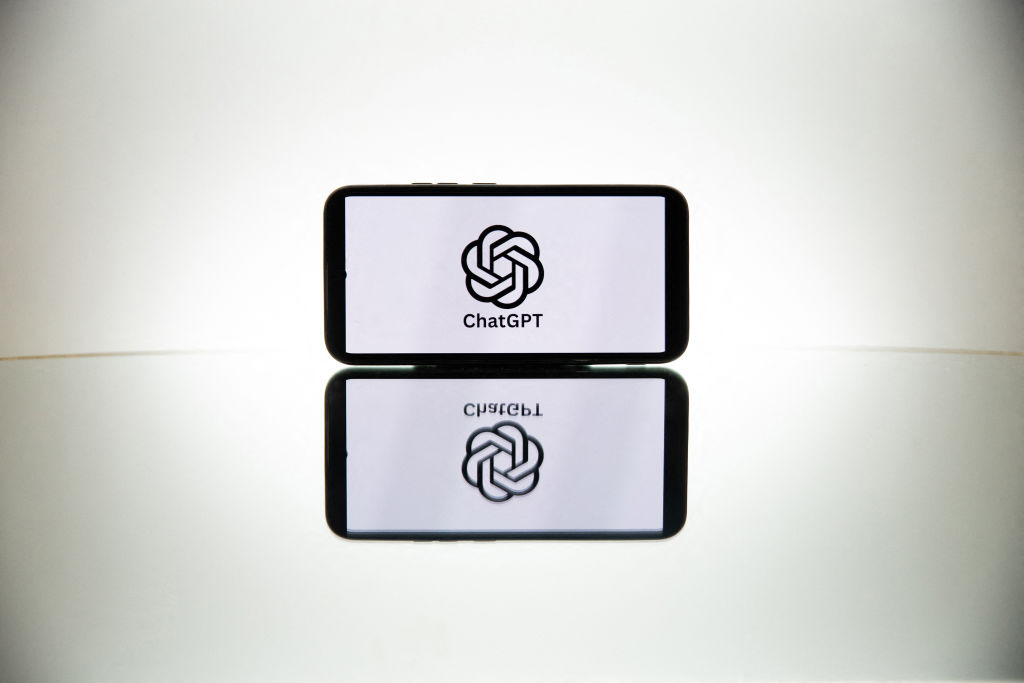AfroTech first brought you a word about the no-cost credit app, Perch, back in January 2021. At that time, the app — which touted itself as a free way to tout financial literacy — made headlines because it had received a $2.5 million seed investment from the likes of Citi, Softbank Opportunity Fund, Concrete Rose, and Village Capital. It also boasted the ability to help more than 100,000 people fix their credit scores.
Marcy Venture Partners — owned and operated by none other than hip hop mogul Jay-Z — was also another early seed investor. Whether Jay-Z had anything to do with bringing Perch and its founder, Michael Broughton into the national spotlight, its goal of building proper credit remains a priority.
“When we first started building [it], we realized how difficult it is to build proper credit as a whole,” he told AfroTech. “With the added layer of race and socioeconomic status to be factored in, we realized how many Black men and women are ‘credit invisible.’ That, at the core, is what we hoped to change with the app.”
The Perch app, which allows users to input regular payments (such as an electric bill, cell phone bill, and rent payments) as proof of creditworthiness, has a two-fold aim: to teach financial literacy, and to help build credit.

Broughton says he got the idea for the app after he was denied a loan for $10,000, which he needed to finance the remainder of his schooling at USC. As one of nine children in a military family, Broughton didn’t have the credit history, the finances, or the credit score to get the last bit of money he needed to finish college.
And after he founded Perch, he realized that there were a lot of people just like him.
“The idea is to make the concept of ‘credit’ accessible to everyone, no matter who they are or where they come from,” he said. “There are other ways to demonstrate credit-worthiness than just having a credit card or a mortgage. That’s the app’s aim: how do you put ‘creditworthiness’ into the context of the current market? We even go so far as to work with financial institutions to help our client base, as well.”
While Broughton is proud of Perch’s funding rounds — he’s quick to credit the “awesome investor base” around the app — he also doesn’t want anyone to forget why the app was started in the first place.
“At the end of the day, we want our clients to realize that they, too, are creditworthy,” he said. “And that’s true no matter how rich, or poor, they are. No one should be denied the right to have everything they want because of where they came from.”
Editorial note: Portions of this interview have been condensed for clarity.

















